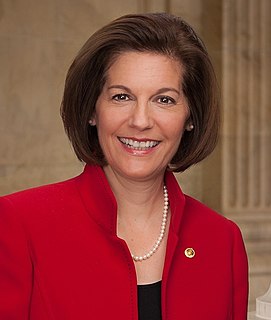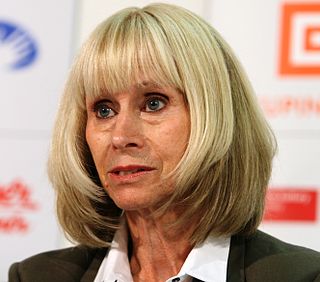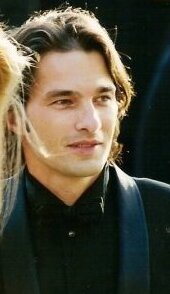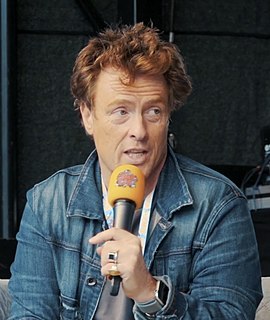A Quote by David Starkey
My parents were Quaker, and they were part of that old self-improving working class.
Related Quotes
It used to be that the working class, broadly speaking - Americans who worked with their hands, who worked in factories, who were not in management - were an interest group, a political interest group. And their main spokespersons were the Democrats. Their platform was the Democratic Party. And that began to change after the 1960s. Not for black or other working class Americans, but for white working class.
My parents were working class folks. My dad was a bartender for most of his life, my mom was a maid and a cashier and a stock clerk at WalMart. We were not people of financial means in terms of significant financial means. I always told them, 'I didn't always have what I wanted. I always had what I needed.' My parents always provided that.
Woodfall wasn't deliberately telling working-class stories, but John Osborne and other writers who were involved with them were writing those stories, which had never really been written before. The working-class person always had to have an accent before, was often a joker, and peripheral. At Woodfall, they were driving the film.
When I was a kid, I was watching the movies my parents wanted to watch. I came from a working class family, not specifically educated, so we were watching popular movies. My dad liked cowboy movies, so we were watching cowboy movies. Some of them were amazing. It’s a genre of movie I like very much.








































